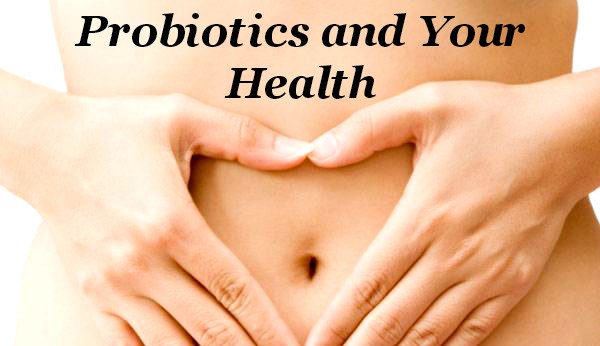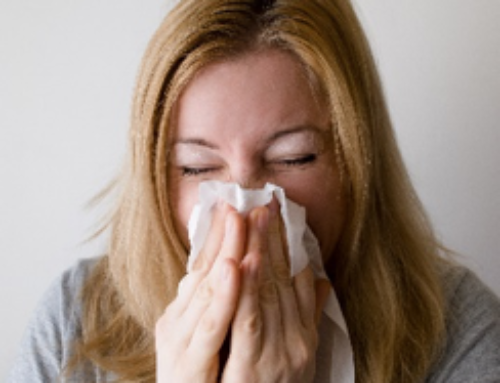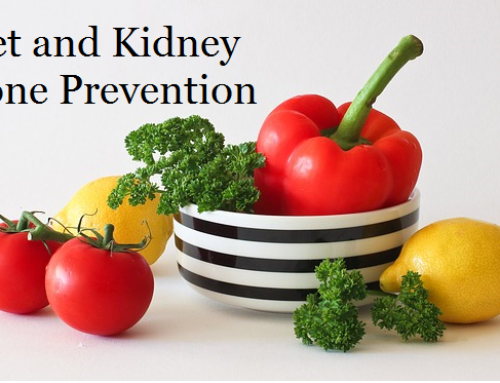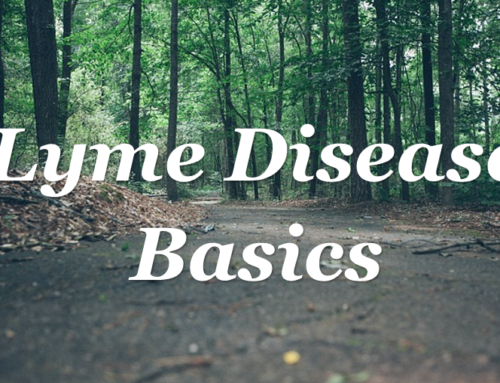Probiotics are the naturally occurring “good” bacteria that live in your gut and play a significant role in your total wellness. When you’re healthy, your intestinal tract hosts over 5 pounds or 100 trillion friendly bacteria. (That’s 10 times more than the number of cells in your body!) These good germs spend their days aiding digestion, boosting the immune system, and consuming bad bacteria. They manufacture key nutrients and limit the growth of yeast and unhealthy bacteria – and in their spare time, probiotics help inhibit bouts of lactose intolerance, poor digestion and diarrhea.
However, an unbalanced belly is a sick one. About 60-80% of our immune system originates in the lymph tissue of our gut, so it is important to keep it in good working order. In a healthy gut, parasites and yeast may be present in small numbers, but don’t cause any problems.
When enough of the beneficial bacteria are killed (with antibiotics, poor diet, etc.), the bad guys (parasites, yeast and bad bacteria) gain the upper hand, causing an imbalance that can manifest itself in a variety of unpleasant ways, including digestive problems (constipation, colitis, IBS, etc.), skin problems (eczema, acne, etc), joint inflammation, and even altered behavior patterns and brain function.
Aging does contribute to declining levels of good bacteria, there are a number of other factors that can wipe out the good guys (no matter your age) and create the perfect environment for the bad bacteria to flourish.
Among the most common killers of our good bacteria:
· Antibiotics – they’re Kryptonite to both good and bad bacteria
· Over-the-counter drugs such as Advil, Motrin and Midol
· Chlorine, found in almost all tap and bottled drinking water
· Virtually all non-organic meat, chicken and dairy, because they’re loaded with antibiotics
· A diet high in meats or fats, which the body is slow to break down, which in turn promotes the growth of harmful bacteria
· Constipation, which allows harmful bacteria to remain in the gut too long and multiply
· Cigarettes, alcohol, junk food and stress
· Radiation and chemotherapy
To restore your “friendly” bacteria, in addition to eating the fermented foods such as kefir, kim chi, sauerkraut, or yogurt labeled with”live , active cultures,” probiotic supplementation is an extremely effective way to repopulate your gut quickly and return it to a healthy, balanced state.
The two most well researched and commonly used types of healthy bacteria are Lactobacillus and Bifidobacteria, taken in capsule or powder form. The dose for both beneficial bacteria should be 5 to 30 billion viable bacteria a day. Side effects are rare, although probiotic supplementation may at first cause gas and bloating, but the effect usually subsides within a few days. If side effects are bothersome, reduce your dose and then gradually increase it over the course of a week or two.
A good probiotic supplement should contain a combination of different strains of Lactobacillus and Bifidobacteria at higher than 10 billion bacteria per serving. OrthoBiotic (available in our supplement store) has a variety of strains for broad spectrum support in a concentration of at least 25 Billion viable CFUs per pill (and even higher doses prior to expiration date). Also, keep in mind that due to recent improvements in processing techniques, you don’t need to buy probiotics that require refrigeration – the difference in potency is debatable, and for many people, refrigerated probiotics are too inconvenient to manage.
Just a few inexpensive capsules taken with meals can help prevent and correct debilitating digestive problems such as constipation, diarrhea, colitis and irritable bowel syndrome. Probiotics produce immunity-boosting chemicals and kill off invading pathogens. They help protect against stomach ulcers, food poisoning, lactose intolerance, yeast overgrowth, yeast infections, harmful bacteria, viruses and fungi.
They even help improve your skin’s health and appearance! Have Probiotics worked for you? Please contact us if you have any questions.
To your health!







Leave A Comment